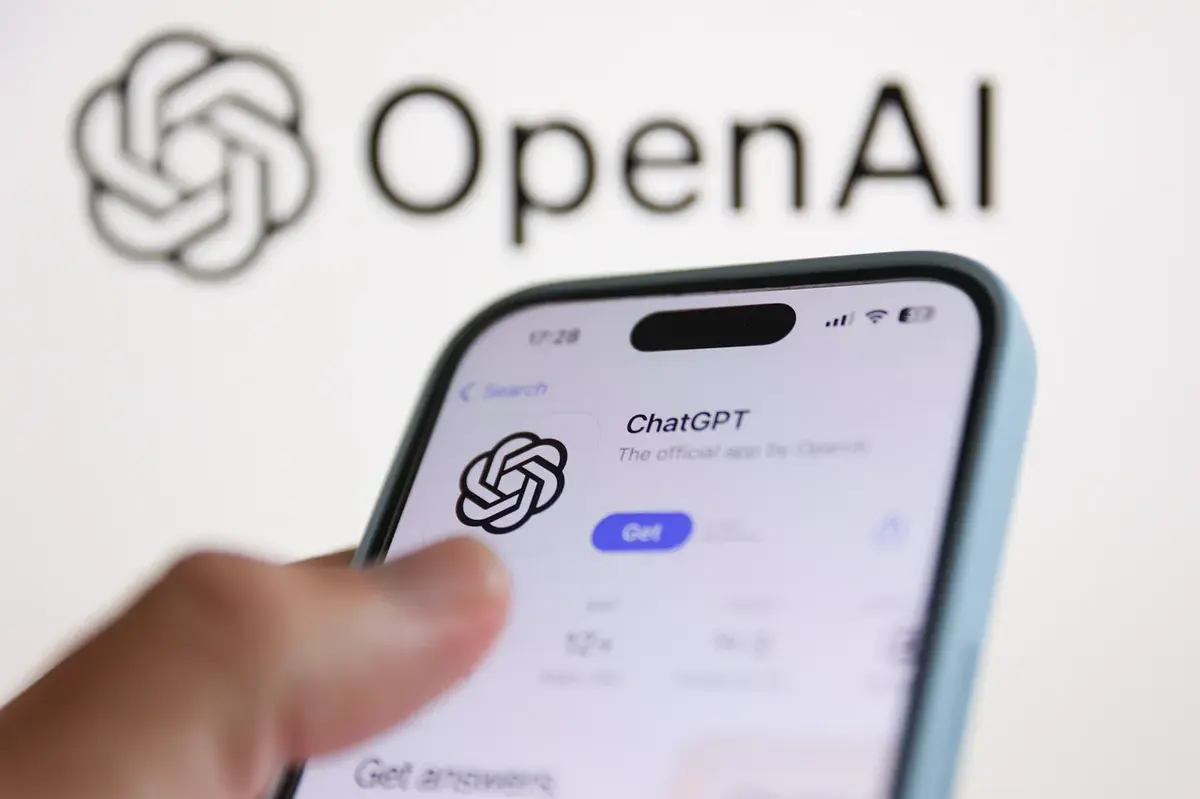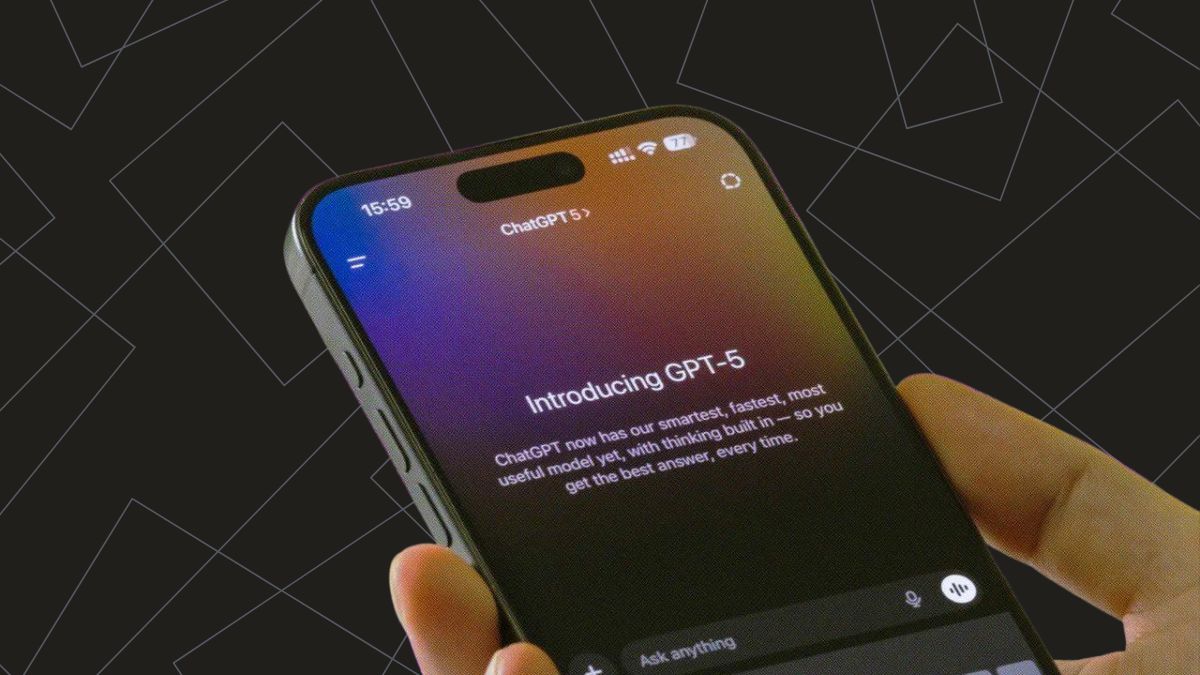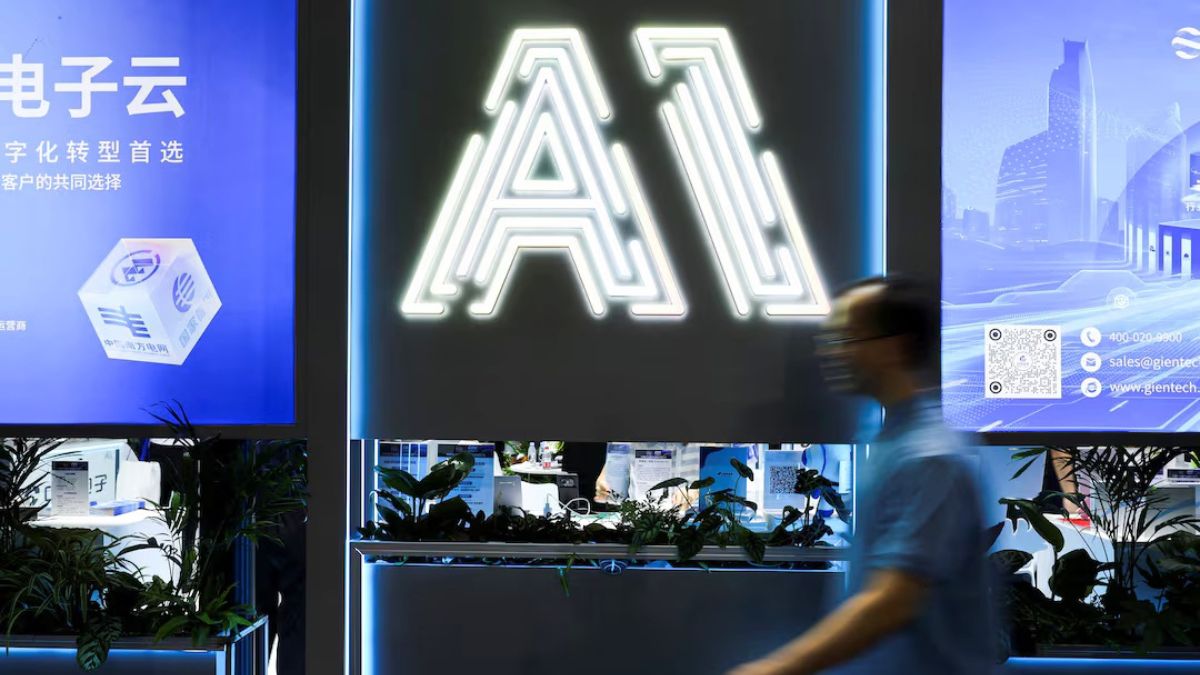Artificial intelligence coding tools are increasingly moving away from traditional code editors towards terminal-based interfaces, marking a significant change in how AI assists software development.
Major technology companies including Anthropic, DeepMind, and OpenAI have all released command-line coding tools since February – Claude Code, Gemini CLI, and CLI Codex respectively. These terminal-focused products are already aDeepMindmong the companies’ most popular offerings.
The terminal, recognisable as the black-and-white screen interface from classic computer films, allows direct interaction with a computer’s operating system. While less visually appealing than modern code editors, it provides powerful capabilities for running programs and manipulating data.
Mike Merrill, co-creator of the Terminal-Bench testing framework, believes this shift represents the future of AI-computer interaction. “Our big bet is that there’s a future in which 95% of LLM-computer interaction is through a terminal-like interface,” he said.
The move towards terminal-based tools coincides with challenges facing traditional code editors. AI code editor Windsurf has faced disruption from competing acquisitions, with senior staff leaving for Google and the remaining company acquired by Cognition, creating uncertainty about its future.
Recent research has also questioned the effectiveness of conventional AI coding tools. A METR study found that while developers using Cursor Pro estimated they could complete tasks 20-30% faster, they actually worked nearly 20% slower, suggesting the AI assistant was hindering rather than helping productivity.
Terminal-based tools take a broader approach than code editors, addressing not just coding but also system administration tasks like configuring servers or troubleshooting software problems. This wider scope allows AI to handle more complex, multi-step problems that require interaction with the entire computing environment.
Warp, which leads the Terminal-Bench rankings, positions itself as an “agentic development environment” bridging traditional code editors and command-line tools. Company founder Zach Lloyd argues the terminal’s low-level system access makes it ideal for running AI agents.
“The terminal occupies a very low level in the developer stack, so it’s the most versatile place to be running agents,” Lloyd explained.
The shift is evident in how problems are approached. Traditional code-based tools focus on fixing broken code, typically working from GitHub issues. Terminal-based tools tackle broader challenges, including system configuration, dependency management, and environment setup.
Despite progress, current terminal-based AI tools still face limitations. Warp achieved its leading Terminal-Bench score by solving just over half the benchmark problems, highlighting the difficulty of the tasks and remaining development work needed.









